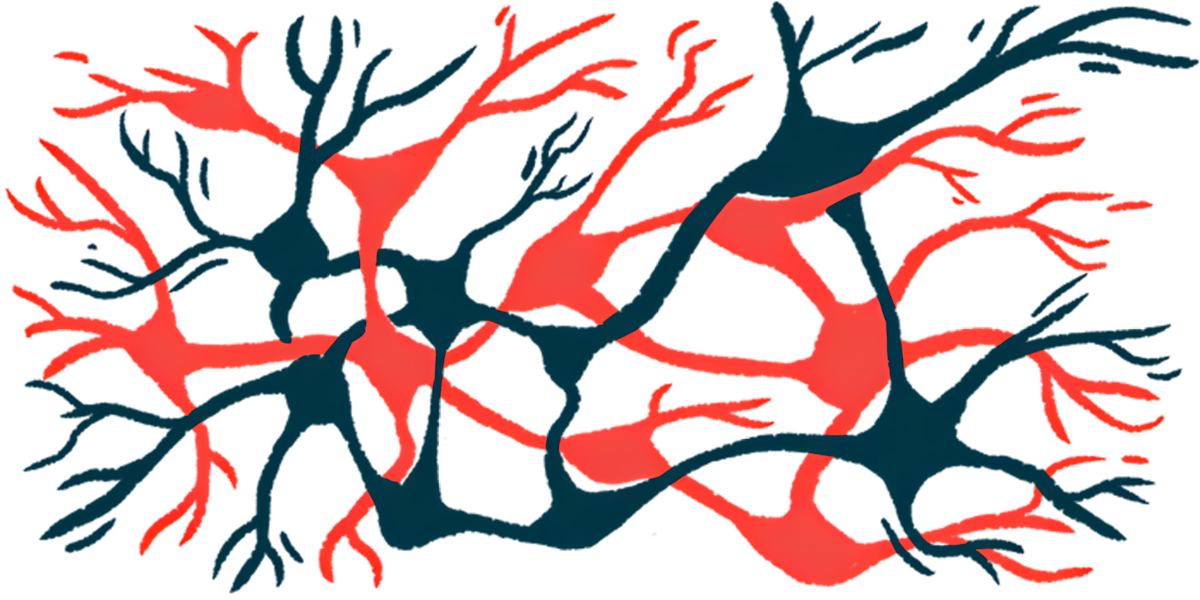Kenai facility will boost Parkinson’s neuron replacement research
The move to Lilly Gateway Labs will offer access to labs, resources, expertise
Written by |

Kenai Therapeutics is setting up research and laboratory facilities at Lilly Gateway Labs in San Diego, to help advance RNDP-001, its investigational dopaminergic neuron replacement therapy for Parkinson’s disease.
By joining Gateway Labs, Kenai, formerly Ryne Biotechnologies, will have access to state-of-the-art facilities, along with resources and expertise from Lilly.
“We are grateful for the chance to work alongside and collaborate with some of the industry’s most innovative minds as we prepare to enter the clinic with our lead candidate, RNDP-001, for the potential treatment of Parkinson’s disease,” Nicholas Manusos, Kenai’s CEO, said in a press release.
A key characteristic of Parkinson’s is the gradual loss of dopaminergic neurons, the nerve cells responsible for producing dopamine, a chemical messenger involved in motor control. As a result, a significant focus of many Parkinson’s treatments is to enhance dopamine in the brain, hence alleviating motor symptoms associated with the disease.
What is RNDP-001?
RNDP-001 is an experimental cell therapy designed to replace dopamine-producing neurons lost in Parkinson’s. It uses dopaminergic neuron progenitor cells, which are generated from induced pluripotent stem cells (iPSCs) that are created by taking mature cells from a donor’s skin or blood and reprogramming them into a stem-cell-like state. This lets them develop into various cell types, including dopamine-producing neurons.
The cells are produced in advance and stored at low temperatures, to be available when necessary.
The progenitor cells are surgically delivered directly into a patient’s brain, where they should differentiate into dopaminergic neurons, increase dopamine signaling, and potentially halt disease progression. The treatment is being developed for both inherited Parkinson’s and idiopathic, or unknown cause, Parkinson’s of moderate to severe forms.
Preclinical studies show that progenitor cells survive and establish connections in multiple brain regions, including in the striatum, which is involved in motor control where dopamine signaling is typically lost in Parkinson’s.
In a rat model of Parkinson’s, transplanting a high quantity of dopaminergic neuron progenitor cells led to increased innervation, or the growth of new nerves, resulting in improved motor function and enhanced survival rates.
RNDP-001 is being developed in collaboration with the California Institute for Regenerative Medicine, which awarded $4 million to advance its development. It’s also supported by funding from the Michael J. Fox Foundation for Parkinson’s Research.
Gateway Labs provides support to emerging biotechnology companies, offering lab space, offices and conference rooms, and help with scientific development and access to capital funding.



